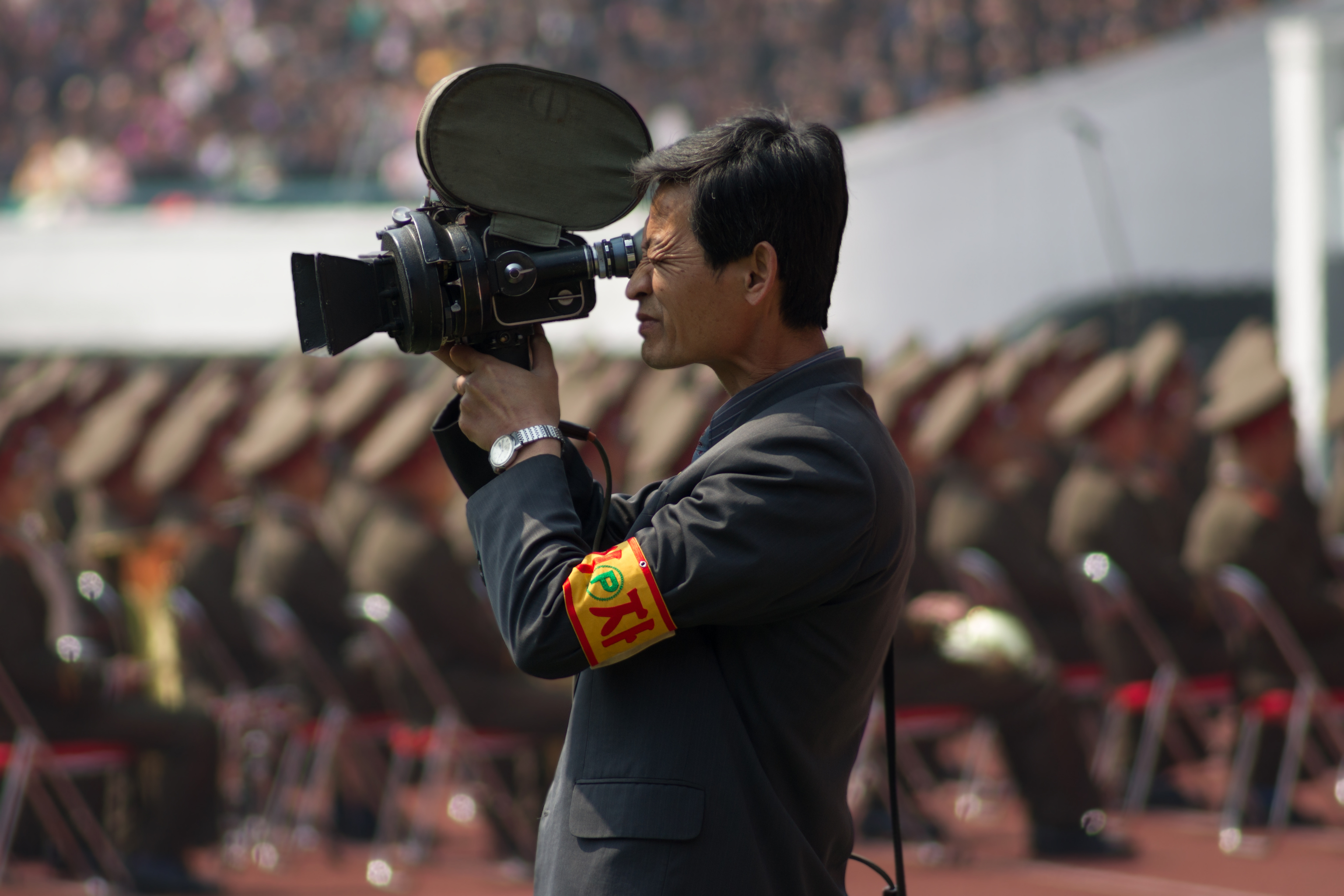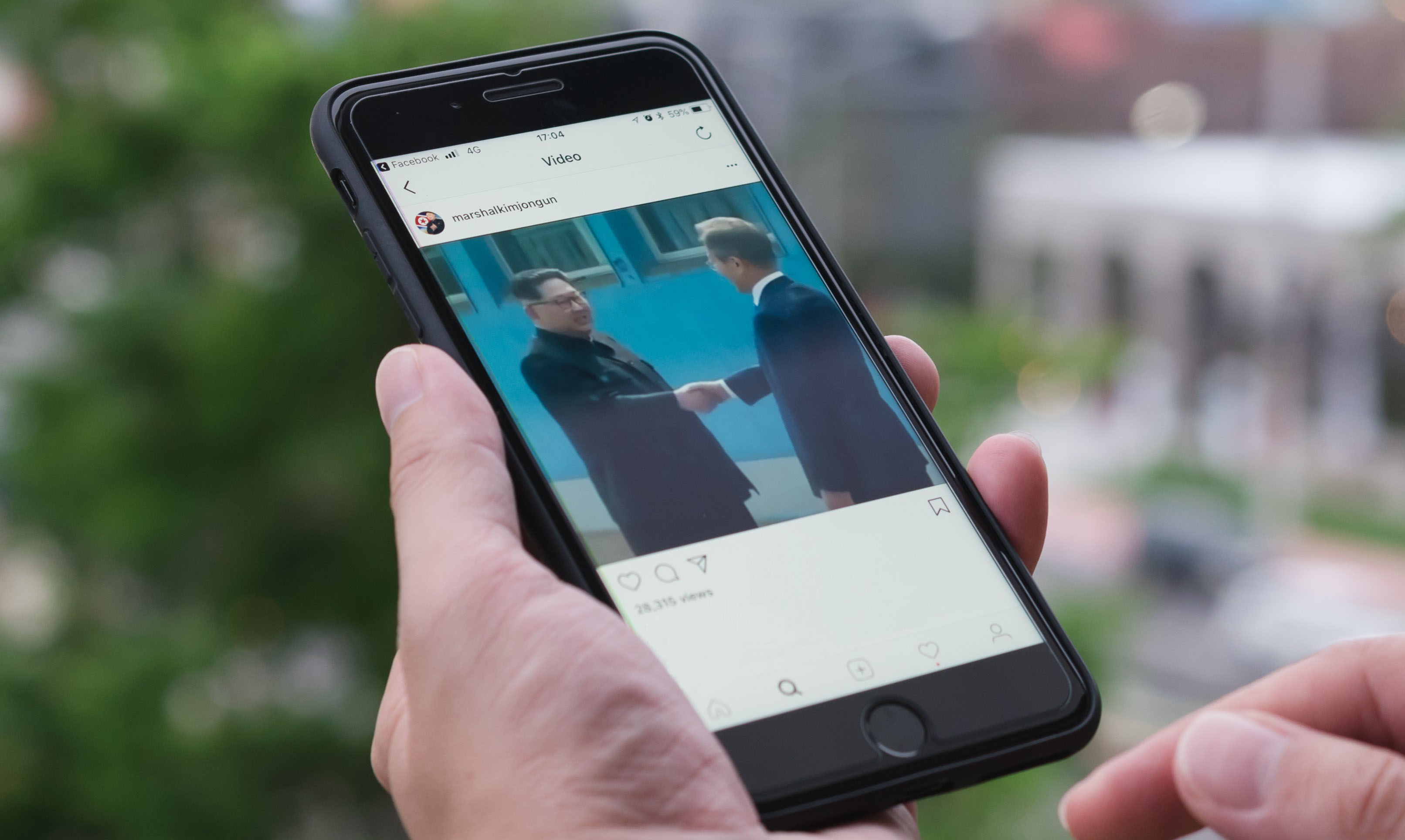
Why is the Opening of All Material on North Korea's Culture and Arts Feared?
Commentary | November 12, 2021
Jae-beom Hong
Professor in the Department of Korean Language and Literature at Konkuk University
The emergence of South Korean pop culture such as the eminence of BTS and Netflix series “Squid Game” has become a global phenomenon. In contrast, little is known about the form and contents of North Korean contemporary culture both to the world and the South Korean audience. In this commentary, Hong Jae-bum, Professor in the Department of Korean Language and Literature at Konkuk University, explains the lack of knowledge on North Korean culture in the South Korean society and advocates for the pursuit of mutual cultural opening of both Koreas. He claims that gradually opening the gates as South Korea did with Japanese pop culture and art in the past is a realistic approach in resolving conflict on the Korean Peninsula.
Are we still afraid of the "radical left," a phrase often used in the 1980s? What would happen in the South Korean society if North Korean books, videos, music, and other materials on culture and arts are released? The opening will only create a short-lived disturbance that will quickly die down as long as conservative media outlets do not exaggerate the release as "North Korean sympathizers or Pro-North Korean." The most prominent reason why North Korean culture will not attract attention is that the materials have no connection with the lives of ordinary South Korean citizens. No matter how often North Korea conducts nuclear tests or fires missiles, the lives of South Korean citizens are completely unaffected. Therefore, South Korean citizens are not likely to be interested in North Korean culture/arts. Even if someone intentionally finds out what the reality of North Korean culture/arts, not many of them will want to watch it until the end because they cannot be entertained by the texts. North Korea is like a "fictitious reality" or a floating cloud to everyday citizens in South Korea.
Nonetheless, a part of the South Korean society shows a strong negative reaction to materials on North Korean culture and arts. Kim Il Sung's With the Century was published in April but was confiscated. The chief executive of the publishing company was sent to the prosecutor by the police on September 15th under suspicion of violating the National Security Act. The sale of the books was prohibited while I was still hesitating to buy the 8 volumes for 280,000 won. However, if the books had not been banned, would they have sold out? It would have been unlikely for ordinary citizens to buy the books out of pure curiosity. The majority of the few people interested in buying the books would have been researchers like me. I would like to ask how likely it would be for everyday citizens to participate in illegal activities after reading this book, for instance, "praising or promoting anti-state organizations or their members that may endanger the existence and security of the State or liberal democratic fundamental order" as mentioned in Article 7 of the National Security Act? In other words, how many "Nam Joseon Inmin (South Koreans)" would believe that the contents of the book are the truth and propagate it?
Past Korean administrations worried that the entirety of the South Korean culture industry would be subordinate to that of Japan if they opened the gates to Japanese pop culture and art, but the results were the complete opposite. (South Korea lifted censorship on Japanese media gradually, with the first stage of liberation taking place in October 1998, the second stage in September 1999, the third stage in June 2000, and the fourth stage in January 2004.) North Korean culture may follow the example of Japanese culture. The wariness felt towards the propaganda and dangers of North Korean culture and arts will disappear as quickly as it did with Japanese culture. It would be extremely unlikely for a South Korean citizen with common sense to believe in such distortions and lies. It is rather North Korea that is afraid of the influx of South Korean culture and arts.
An editorial titled "The ideological education must be intensified at a trying and difficult time" was published in the Rodong Sinmun on September 28th, 2021. In the editorial, North Korea asserted that "intensifying ideological education to arm the masses with the collectivist spirit and prepare the mind morally" is needed to respond to the "scheme of enemy forces to spread their reactionary ideology and culture to change and disintegrate the internal [system]." This coincides with the comments of Sydney Seiler, National Intelligence Officer for North Korea at the Office of the U.S. Director of National Intelligence. Seiler said, "North Korea does not seek sustained improved relations with South Korea because of cultural and political influence and the price it would have to pay." Many North Koreans already have come across South Korean TV drama series, pop songs, and other cultural and artistic goods, which are often referred to as products of "reactionary ideology and culture." Few are unaware that North Koreans are enjoying the "reactionary ideology and culture." Few people anticipate that North Korea will successfully tighten its control on ideology over the younger generation. Culture easily disseminates across borders. Even "Squid Game," a Netflix series that is causing a worldwide sensation, may be distributed within North Korea, given that North Korean defectors remember in great detail countless South Korean drama series that South Koreans have forgotten.
Contrary to the reality of North Korea, it appears that even the so-called social leaders of South Korea do not understand North Korea very well. They are ignorant, like ordinary citizens, because most of the time, South Korea is insulated from North Korean culture. The National Security Act and "strategic patience" led to ignorance about North Korea. When considering Hillary Clinton's comment on how North Korea's provocations are in the U.S.' interests, the "strategic patience" policy implicitly encouraged North Korea to complete developing nuclear weapons. Unless the U.S. intentionally neglected North Korea because it was not a major concern, the "strategic patience" strategy failed because it failed to acknowledge North Korea's capacities and its social principles. South Korea also made similar mistakes for nine years before the current administration took office. It can be said that previous administrations waited for the internal collapse of the North Korean regime caused by resistance against Kim Jong Un, who was "inexperienced" (or whom they "hoped to be inexperienced.")
An imagination of the future of South Korea without North Korea alludes to having given up tremendous possibilities. To draw a future involving North Korea requires several ways to understand North Korean society, just as one can understand other countries when studying or travelling abroad. However, the access and storage of materials are inconvenient even for researchers, as free travel between the two Koreas is not feasible. It is an affront to the public that materials on North Korean culture and arts are not being released in fear that "virtuous" citizens will be misled and become Pro-North Korean Leftist Reds. Even if the materials are released, only a few researchers who study North Korea will notice the change. For the first time since the rule of Dangun, South Korean culture and arts became a global sensation. A close-minded method that originates from disproportionate fear of North Korea and underestimation of the overall competence of South Korean society is outdated. The rustic fetters that treat South Korean citizens as circus tigers that have lost their bestial nature by an animal trainer must quickly be undone.
Some conflict in this process is inevitable. However, the South Korean society is now gaining the cultural strength to resolve conflicts in a constructive manner. Gradually opening the gates as South Korea did with Japanese pop culture and art is the realistic approach. As anyone can imagine, there will be greater impact and more uproar in North Korea if both Koreas mutually open up to each other’s' cultures and arts. There is no need to insist on simultaneously opening the gates based on the principle of reciprocity. It is important to take flexible approach by opening up first and suggesting North Korea to do the same when it is appropriate for them. Actively pursuing mutual cultural opening and proactively opening up South Korea's gates will allow a better understanding of North Korean society and lead the change in North Korea at the same time.■
■ Hong Jae-beom majored in Korean language and literature, philosophy, and education at Seoul National University. He obtained his master's and doctoral degrees at the graduate school at the same university. After appearing as a guest member at The Old Lady's Visit of the National Theater Company of Korea in 1994, he directed A Doll's House and acted in plays such as Tae, Dry and Worn Away, Carmen, Flower Café Story, A Doll's House, Wedding Reception, Living and Dying in Flowers, and Immortal Woman. He was also casted in the short films Nap and In House. He published Korean Public Tragedy and Experience of Modernity (selected as Excellent Academic Book by the Korean Academy of Sciences in 2003), The Interface between Stanislavski System and Korean Dramatic Art (Excellent Academic Book of the Ministry of Culture and Tourism in 2006), The Art of Adaptation: Between Representation and Creation (Sejong Best Academic Book, 2015), Theory of Western Contemporary Drama (translation), Stanislavsky System and “Joseon Art” (edited), and North Korean 5 Revolutionary Plays (edited). His papers include “A Study on the Humanism in 1930s,” “The Antinomy of a Modern Reason,” “The Method of Training Visualized Imagination for Creative Condition,” “The Method of Action Analysis and the North Korean Realism Theater in the 1960s,” “A Hero of the Two Koreas,” “Distinctive Features in South and North Korean Translation of Stanislavski,” and many more. Hong has recently been researching on North Korean culture and arts and Korean-Wave dramas. Currently, he is a professor at Konkuk University's Department of Korean Language and Literature and serves at the Graduate School of Literature and Art Therapy.
■ Typeset by Seung Yeon Lee | Research Associate
For inquiries: 02 2277 1683 (ext. 205) | slee@eai.or.kr
North Korean culture

Getting the Price Right: The End of the War Declaration and North Korea’s Missile Tests
Youngshik Bong | 02.November.2021
LIST